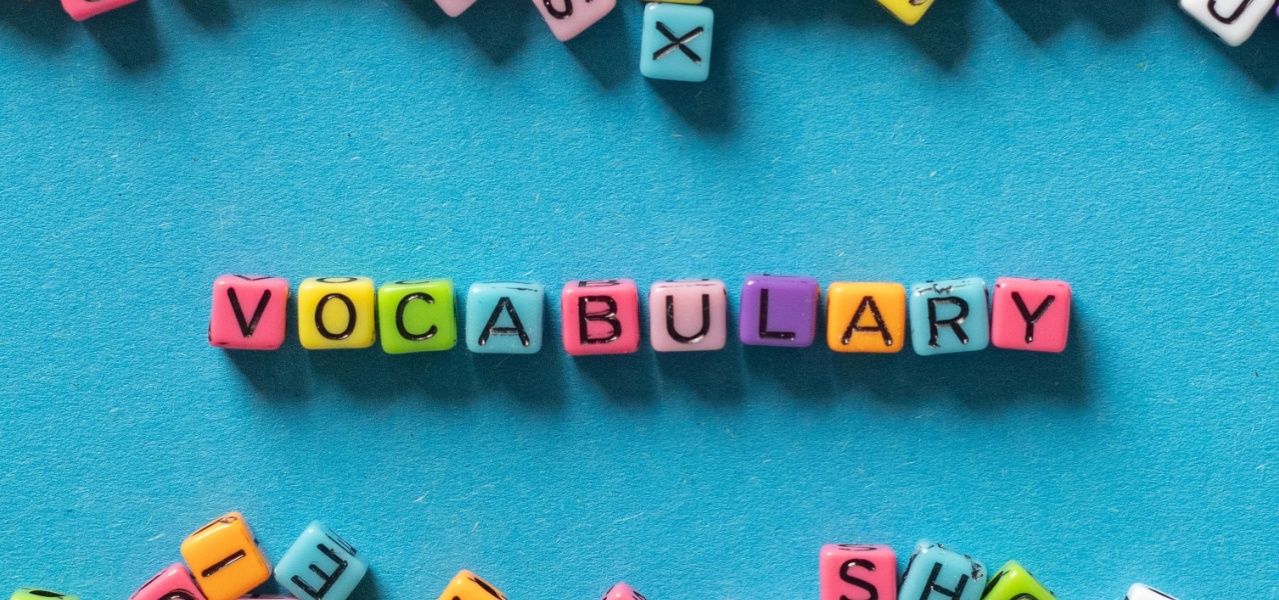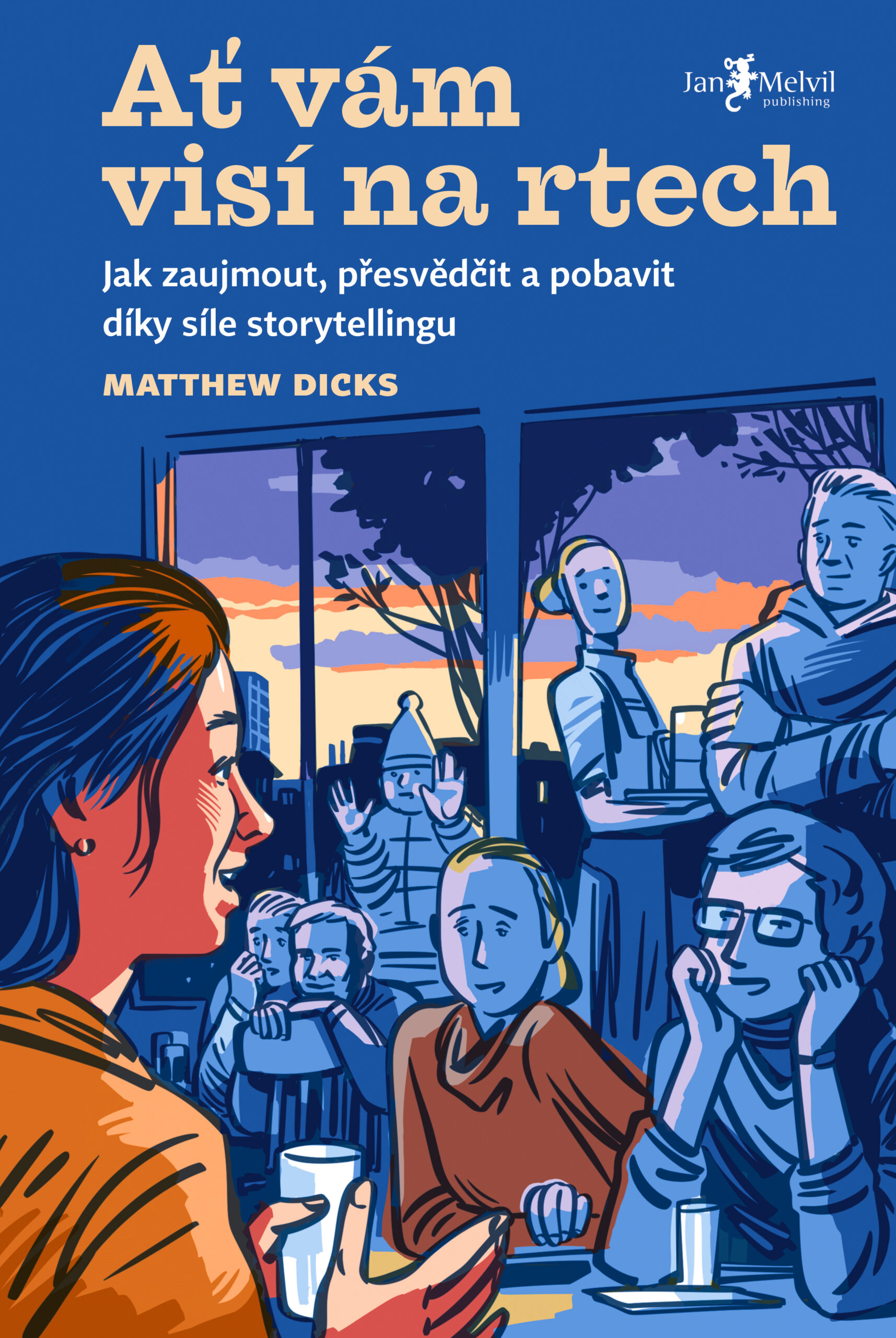The Facebook “Like” button appears to have a severe gender bias.

I noticed that the majority of people who like my status updates are female and wondered if this trend is isolated to me or consistent throughout the Facebook universe.
I also realized how unlikely it was for me to ever click the Like button, in part because I tend to use the button judiciously.
As a writer, if I have something to say, I’ll write it. Not click a button.
Based upon other people’s use of the Like button, I suspect that my choice of when to like something may differ from most.
For example, if your status update indicates that you took your kids out for ice cream for the first time this spring, I’m happy for you, but I ‘m not sure how this equates to liking your update.
So while an update like this might receive a dozen or more likes, I am unlikely to like it.
I typically click the Like button for a witty remark, an interesting piece of data, or a laugh-worthy update, and only then if I have nothing to say in response.
So I wonder:
Is there a difference in the way that men and women view the Like button?
Do men view the button like me, and if so, what is the female perception of the button?
Or am I an outlier in terms of my use of the button?
Is my set of Facebook friends also an outlier?
Sampling my front page feed for a period of three days, I counted all the uses of the Like button on status updates that were not my own.
86% of the Likes on these pages were clicked by women. Though 61% of my Facebook friends are also women, this still amounts to quite a disparity.
In addition, I noted that only a small sample of men used the Like button over the course of these three days. While more then 30 different women accounted for the 86% of clicks, only five different men accounted for the remaining 14%.
It would seem that only a certain breed of man uses the Like button with any frequency.
What causes these men use the button while so many other do not?
Unfortunately, I have no answers. I know how I use the Like button, and I know what the data tells me in regards to my small, admittedly biased sample, but that’s about it. When I finish my teaching career someday, I’ve often thought about becoming a sociologist, and this is the kind of research that I would love to do.
In fact, I’ve toyed with the idea of declaring myself an unaccredited sociologist and beginning research on my own, absent any formal degree or training, but it remains a low priority at the moment.
So absent my proposed research, what do you think?
Is my data typical for most Facebook users?
If so, what is the reason for this disparity?
Most important, what does this disparity say about the difference between men and women in general?
These are the kinds of questions I’d like to answer someday.
Actually, just writing them down and seeing them on the screen bumps my unaccredited sociologist idea up a few pegs.
Perhaps I’ll be Matthew Dicks the Unaccredited Sociologist sooner than I thought.






